Do you ever find yourself wondering if champagne goes bad? You're not alone. In fact, this is something that a lot of people wonder about. While champagne is delicious and refreshing, it is also a bit of a mystery. How long does it last? Can it go bad? What should you do if you notice that it has gone bad?In this blog post, we will answer seven of the most mind-boggling questions about champagne. So whether you are a champagne lover or are simply curious about this bubbly beverage, read on to find out everything you need to know!1. How long does champagne last?Generally speaking, champagne lasts for about two years when it is stored properly. However, this does not mean that it will be at its best after two years. In fact, champagne actually gets better with age, so it is often best to wait a few years before popping open that bottle of bubbly.2. Can champagne go bad?No, champagne cannot go bad. However, it can go flat. This is because champagne is a sparkling wine, and the bubbles are what give it its signature fizz. If champagne sits for too long, the bubbles will dissipate and it will become flat.3. How can you tell if champagne has gone bad?If champagne has gone bad, it will have a sour smell and will no longer be carbonated. It is also important to
We all know that champagne is a bubbly, delicious drink that is perfect for celebrations. But what happens when you open a bottle and don't finish it? Does champagne go bad?Here are 7 mind-boggling questions about champagne, answered:1. How long does champagne last?If you store your champagne properly, it can last for months – even years! But if you don't store it correctly, it will only last for a few days.2. How should I store my champagne?Champagne should be stored in a cool, dark place. If you're not going to drink it within a few days of opening, it's best to transfer it to a smaller bottle or champagne flute. This will help to prevent the champagne from going flat.3. Do I need to refrigerate my champagne?No, you don't need to refrigerate your champagne. In fact, it's best to keep champagne at room temperature since chilling it can actually dull the flavor.4. How long will champagne stay bubbly?Once you open a bottle of champagne, it will start to go flat within a few hours. So if you want to enjoy bubbly champagne, it's best to drink it within a day of opening the bottle.5. Can I re-cork champagne and save it for later?No, you can't re-cork champagneand save it for later. Once champagne is open, you need to drink it within a few hours – otherwise, it will go flat and lose its flavor.6. What happens if I accidentally leave the champagne out overnight?If you accidentally leave your champagne out overnight, don't worry – it won't hurt you! However, the champagne will go flat and lose its flavor, so it's best to enjoy it within a few hours of opening the bottle.7. Can I freeze Champagne?Yes, you can freeze champagne! In fact, many people think that freezing champagne actually helps to preserve its flavor. Just be sure to thaw the champagne slowly in the refrigerator before serving.
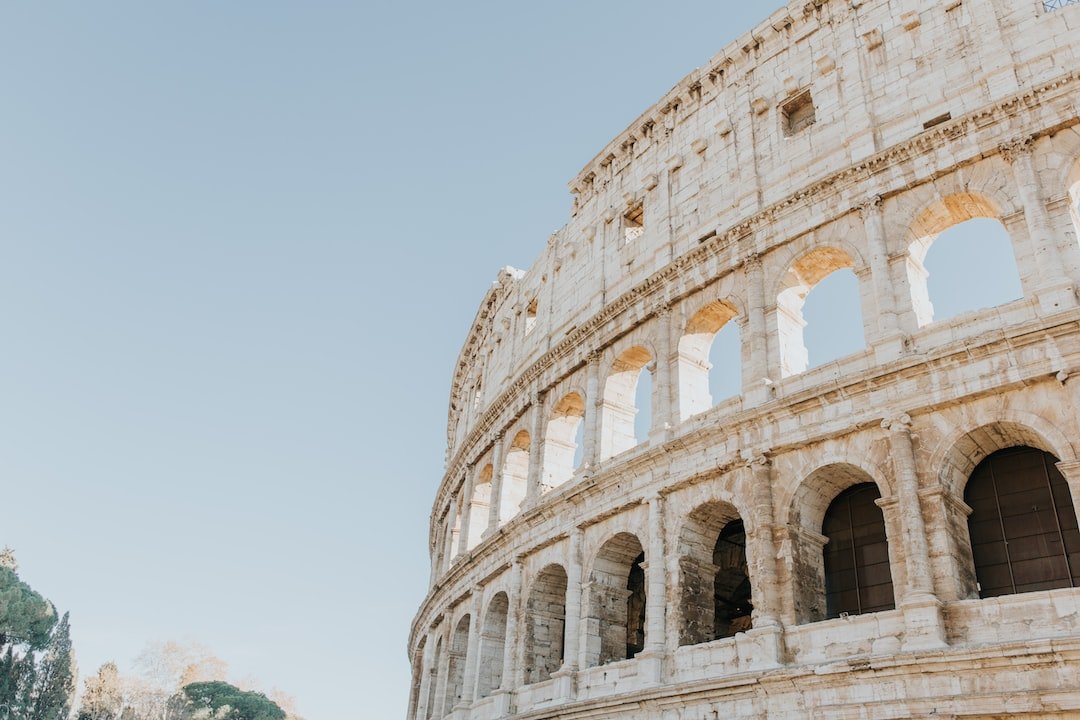
We all know that champagne is a special kind of wine, reserved for special occasions. But what happens when you have a bottle of champagne that's been sitting around for a while? Does it go bad?Here are seven mind-boggling questions about champagne, answered:1. Does champagne go bad?No, champagne does not go bad. In fact, it can actually improve with age, developing more complex flavors and aromas. However, it is important to store champagne properly to prevent it from becoming oxidized or developing off-flavors.2. How long does champagne last?Champagne can last for many years, but it is best consumed within 3-5 years of purchase.3. How should I store champagne?Champagne should be stored in a cool, dark place, away from sunlight and heat. It is also important to keep champagne bottles upright to prevent the wine from becoming oxidized.4. What are the signs that champagne has gone bad?If champagne has gone bad, it will usually be evident by thewine's appearance, smell, or taste. The wine may be cloudy or have a brownish tint, and it may emit an unpleasant, vinegar-like aroma. Taste the wine to see if it is sour, bitter, or otherwise off-putting.5. Can I still drink champagne that has gone bad?Yes, you
Champagne is a wine that is meant to be enjoyed on special occasions. If you have champagne that you want to save for a special occasion, you should store it in a cool, dark place. Champagne should be stored in its original shipping container in order to keep it protected from light and temperature changes. It is also important to store champagne horizontally so that the cork stays moist and does not dry out. Champagne can last for a long time if it is stored properly. However, over time, the champagne may start to lose its flavor. If you notice that your champagne doesn't taste as good as it used to, it may be time to open it and enjoy it.
The difference between sparkling wine and champagne is that champagne is made using a specific method called the methode champenoise, while sparkling wine can be made using a variety of methods. Champagne must also be made from specific grapes, while sparkling wine can be made from a variety of grapes.Champagne is a type of sparkling wine, but not all sparkling wine is champagne. So, what makes champagne different from other sparkling wines?First, let's look at how champagne is made. Champagne is produced using the methode champenoise, which is a specific process that includes fermentation in the bottle. This process is what gives champagne its unique flavor and bubbles.Second, champagne is made from specific grapes. Champagne must be made from a blend of three grapes: Chardonnay, Pinot Noir, and Pinot Meunier. This combination of grapes gives champagne its distinctive taste.Lastly, champagne must be aged for a minimum of 15 months. This ageing process allows the flavors in champagne to develop and mature.Now that you know the difference between champagne and other sparkling wines, you might be wondering: does champagne go bad?The short answer is yes, champagne can go bad. But, like other wines, how long champagne lasts depends on how it's stored. If champagne is stored properly, it can last for years. However, if it's not stored properly, it will start to deteriorate and go bad
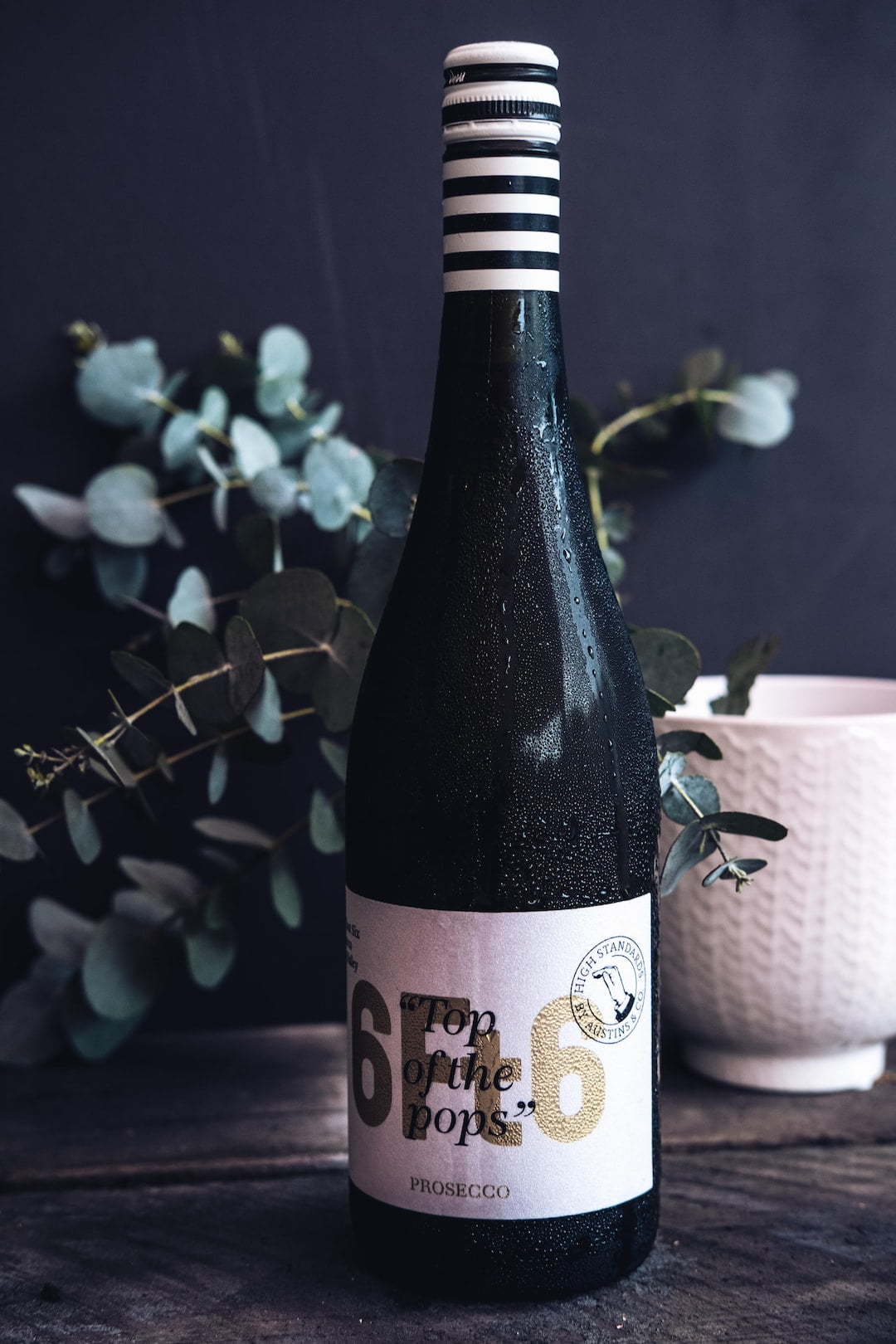
Does champagne go bad? This is a question that many people ask, especially after they've had a bottle or two that didn't taste quite right.Champagne is a sparkling wine that is made from wine grapes that are grown in the Champagne region of France. The grapes are pressed and the juice is fermented. Then, the wine is bottled with yeast and sugar. The yeast and sugar create a second fermentation in the bottle, which gives champagne its bubbles.Champagne can be made from red or white wine grapes, but most champagne is made from white wine grapes. The three main types of white wine grapes used to make champagne are Chardonnay, Pinot Noir, and Pinot Meunier.The process of making champagne is called the MéthodeChampenoise or MéthodeTraditionnelle. First, the wine grapes are pressed and the juice is fermented. Then, the wine is bottled with yeast and sugar. The yeast and sugar create a second fermentation in the bottle, which gives champagne its bubbles.After the second fermentation, the champagne is aged for a minimum of 15 months. During this time, the champagne develops its signature flavor and aroma.So, does champagne go bad? Technically, no. Champagne can be stored for years and still taste good. However, over time, the quality of the champagne will decline. This is why it's best to drink champagne within a few years ofpurchasing it.
Champagne is a great way to celebrate a special occasion. Whether you're toasting to a birthday, anniversary, or just a special moment, champagne can help make the occasion even more special. And, unlike other alcoholic beverages, champagne doesn't go bad over time, so you can save those special bottles for a rainy day.Champagne can also help you relax and enjoy a moment. Whether you're enjoying a glass by yourself or sharing a bottle with friends, champagne can help you unwind and savor the moment.Champagne is also a great way to impress your guests. Whether you're serving aperitifs before a dinner party or serving a bottle with dessert, champagne is always a welcome addition. And, because champagne is a relatively affordable luxury, it's a great way to show your guests your appreciation without breaking the bank.Champagne can also be a great addition to a romantic evening. Whether you're enjoying a glass of champagne with your partner or sharing a bottle of champagne with friends, champagne can help make the evening more special.Champagne can also help you to feel more confident. Whether you're enjoying a glass before a big meeting or sharing a bottle with friends, champagne can help boost your confidence and help you feel ready to take on the world.Finally, champagne can also make a ordinary moment feel more special. Whether you're enjoying a glass of champagne with your morning coffee or sharing a bottle with friends on
If you're wondering whether your champagne has gone bad, there are a few tell-tale signs to watch out for. The first is that the champagne has lost its fizziness and effervescence. This means that the champagne has lost its ability to hold carbon dioxide, which is what gives it its distinctive fizz.Another sign that your champagne may have gone bad is that it has developed an off-putting smell. This may be a sign that the champagne has gone through a process called oxidation, whereby the wine is exposed to oxygen and starts to spoil.If you notice either of these signs, it's best to err on the side of caution and not drink the champagne. However, if the champagne looks and smells fine, it's probably safe to drink.
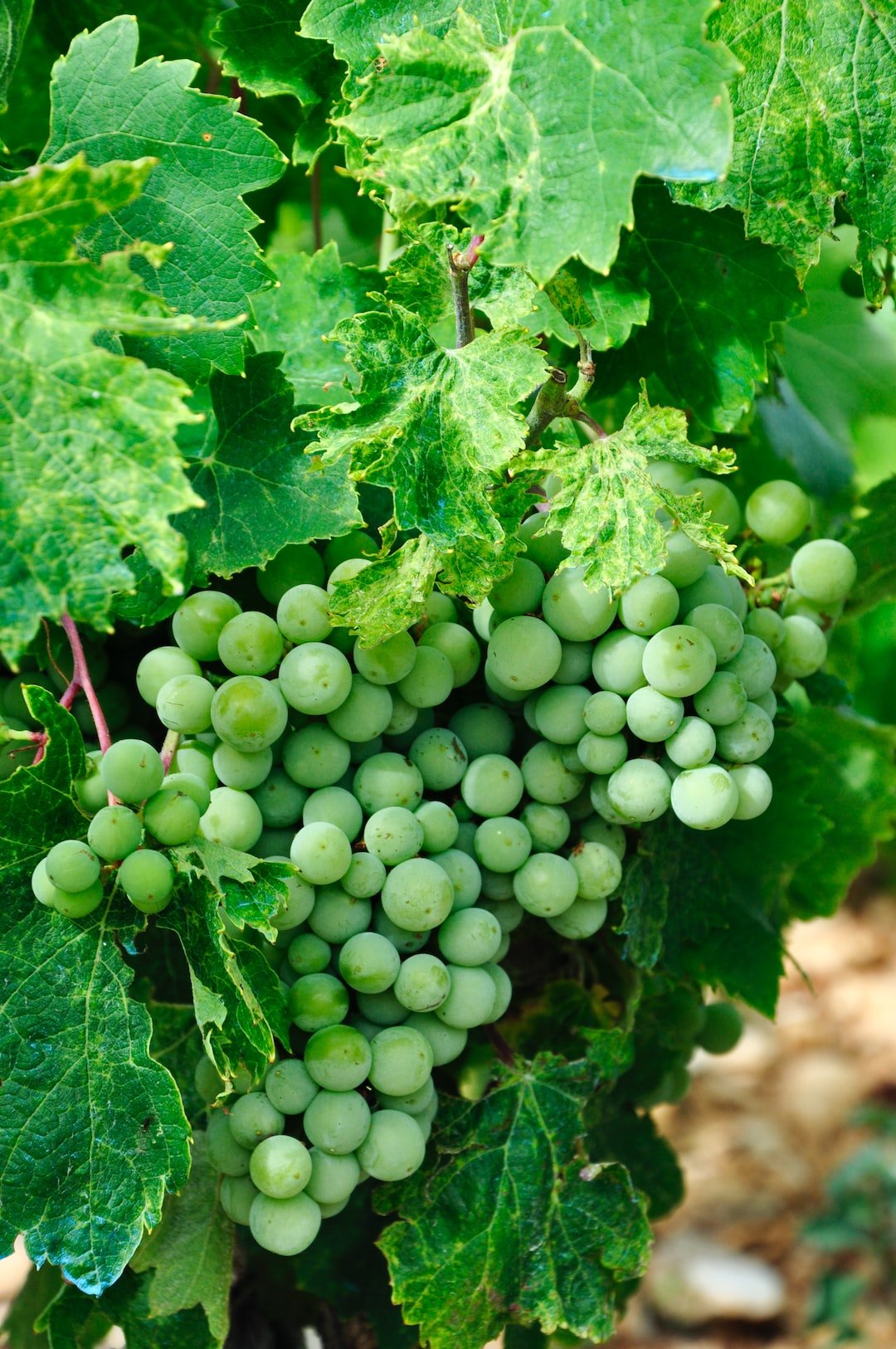
There are a few things you can do to make champagne last longer. One is to keep it chilled in the fridge or a wine cooler. You can also buy special wine bags that have a built-in ice pack to keep your champagne chilled on the go. Finally, if you're not drinking champagne right away, be sure to store it in a cool, dark place like a cellar or cupboard.
How long does champagne last?Champagne typically has a shelf life of 2-3 years. However, once opened, champagne should be consumed within a few days. This is because the champagne will start to lose its bubbles and flavor after a few days.So, if you've had a bottle of champagne sitting in your fridge for a while, it's probably time to ditch it. However, if you've only had the bottle open for a day or two, it should still be fine to drink.What are some of the best ways to enjoy champagne?There are a number of ways to enjoy champagne. Some people prefer to drink it straight, while others like to mix it with fruit juice or other drinks.Champagne can also be used in cooking, for example, in champagne chicken or champagne sauce.If you're looking for a special way to enjoy champagne, try serving it in a champagne flute.Champagne flutes are designed to keep the bubbles in the champagne, making for a more enjoyable drinking experience.
When you are looking for the perfect champagne for a special occasion, there are a few things you need to take into account. First, what is the occasion? A birthday? An anniversary? A wedding? The choice of champagne should be based on the formality of the event. For a more casual get-together, a non-vintage brut champagne should suffice. But if you are looking to impress, you might want to consider a vintage champagne from a top producer.Next, consider your budget. Champagne is not cheap, so you will need to decide how much you are willing to spend. There are many excellent champagnes available at a variety of price points, so do your research to find the best value for your money.Finally, think about your personal preferences. Do you prefer a dry champagne or one with a bit more sweetness? Do you like a champagne with a lot of bubbles or one that is more subdued? Once you have a good idea of what you are looking for, you can start narrowing down your options and choosing the perfect champagne for your special occasion.
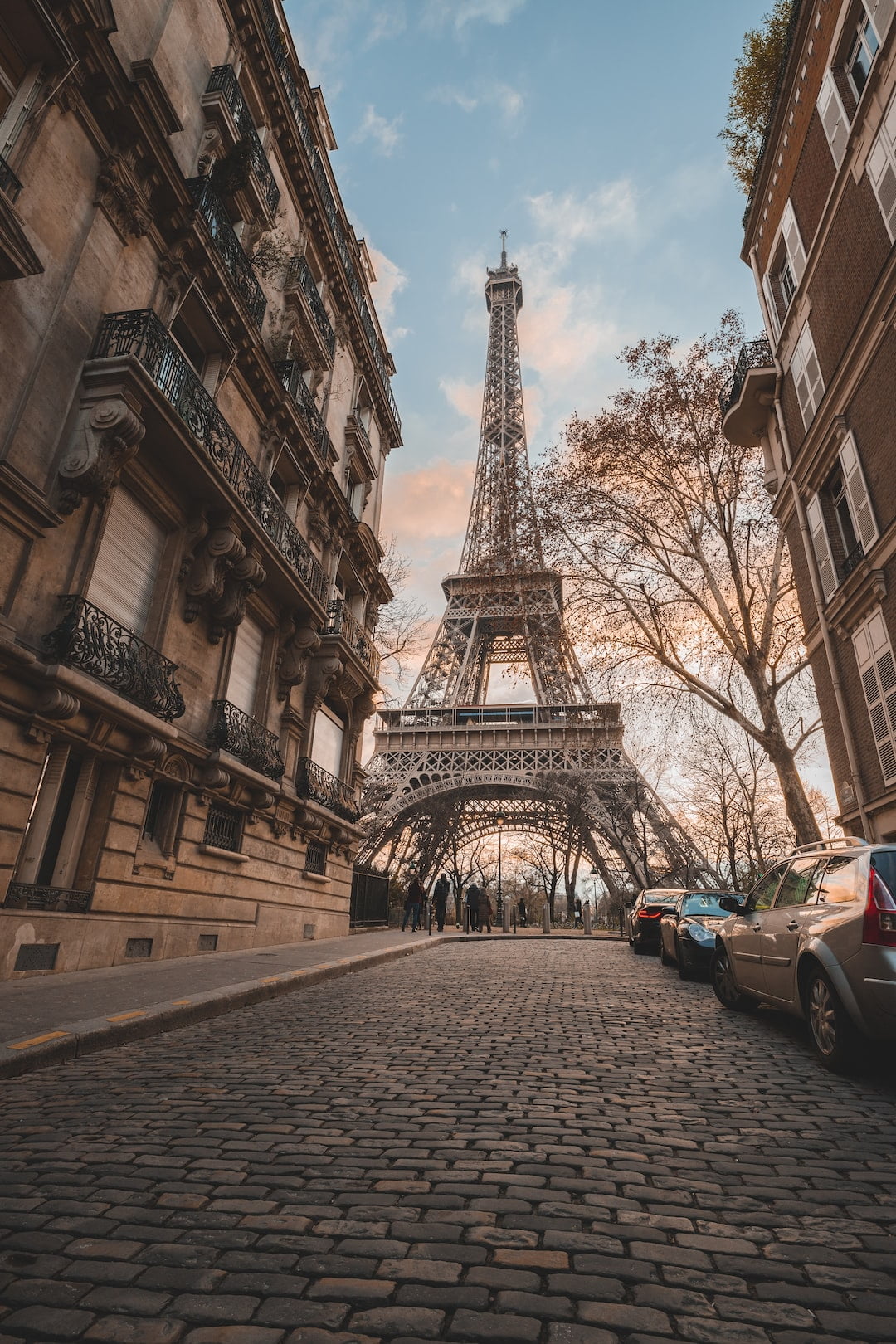
How long does champagne last?Champagne can last for a few days after being opened, as long as it is properly stored. You'll want to keep the champagne in a cool, dark place, and make sure that the bottle is sealed tightly. If you notice that the champagne has lost its effervescence or has developed an off odor, it is probably time to discard it.How can I tell if champagne is bad?There are a few signs that champagne has gone bad. First, if the champagne has lost its effervescence, it is probably starting to go bad. Second, if the champagne has developed an off odor, it is also likely past its prime. Finally, if the champagne has started to foam up excessively, it is also a sign that it has gone bad.
When it comes to champagne, there are a few things to keep in mind. First, champagne should be served cold, so make sure to keep it in the fridge before serving. Second, champagne should be poured into wide, shallow glasses to allow the bubbles to disperse. Third, only pour a small amount of champagne into each glass so the champagne doesn't get too flat.Now that you know how to serve champagne, here are a few ideas for serving it. Champagne makes a great aperitif, so serve it before a meal. It's also a great way to add some sparkling flair to a special occasion. Serve champagne at a bridal shower, baby shower, or engagement party. Champagne is also a nice way to toast a special achievement.
There's nothing quite like a glass of champagne to add a touch of elegance to any occasion. But what happens when you've got a bottle of bubbly that's been sitting around for a while? Does champagne go bad?The short answer is yes, champagne can go bad. But it doesn't happen often, and it's usually not a big deal if it does. Here's what you need to know about storing and enjoying champagne.Champagne is made from grapes, and like all fruit, grapes can start to spoil after a while. When this happens, the champagne will develop off-flavors and may even start to fizz less. However, champagne is usually made with high-quality grapes and is subjected to a rigorous aging process, so it's very unlikely that your bottle will go bad anytime soon.The biggest risk to your champagne is heat. If your champagne gets too warm, the flavors will start to deteriorate and the bubbles will start to go flat. So if you're planning to stash a bottle away for a special occasion, make sure you put it in a cool, dark place.Champagne is best enjoyed soon after it's been opened, but if you must save it for later, make sure you reseal the bottle tightly and store it in the fridge.Champagne can last for a few days in the fridge, but it's best to drink it within 24 hours for the best flavor.So there
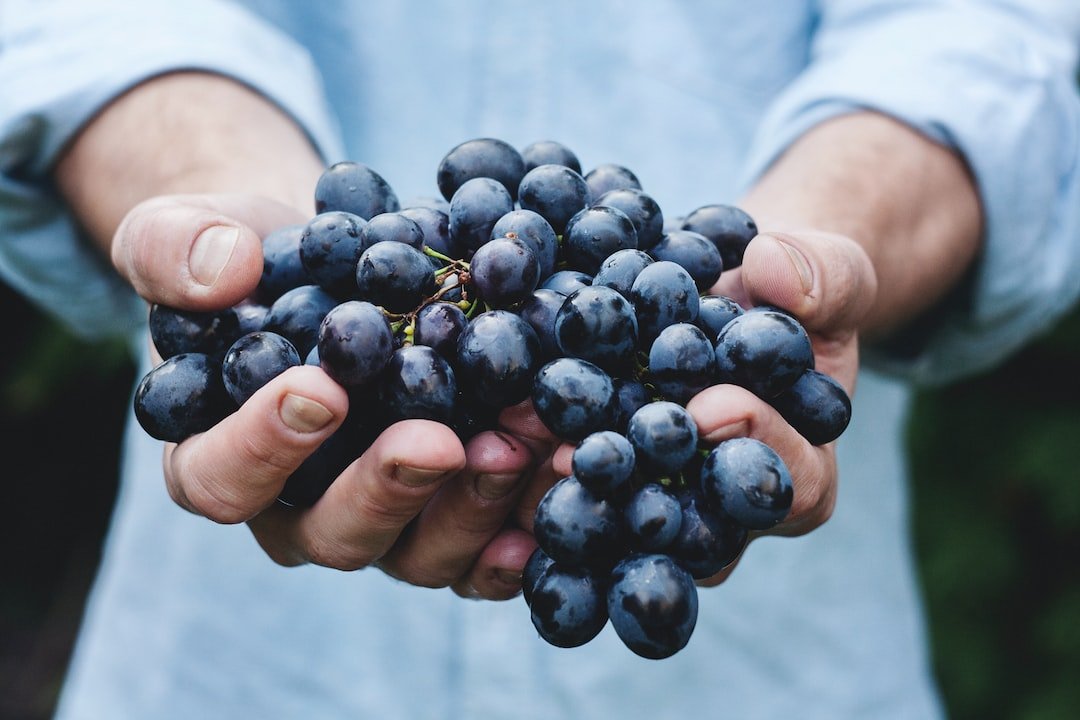
When it comes to champagne flutes, there are a lot of great options to choose from. It really depends on your personal preferences as to what style and material you prefer. Some people prefer a more traditional style flute, while others prefer a more modern look. There are also a variety of materials that champagne flutes can be made from, including glass, crystal, and even plastic. Ultimately, it really comes down to what you prefer in terms of style and material.One thing to keep in mind, however, is that champagne does go bad over time. So if you're not planning on drinking your champagne right away, you might want to consider going with a less expensive option. But if you're planning on popping some bottles soon, then you can definitely splurge on a nicer flute. Cheers!
You can make your own champagne at home with this easy recipe! There's no need to wait for a special occasion to enjoy a delicious glass of bubbly - with this simple method, you can make your own champagne any time you like.Ingredients:1 bottle of white wine1/2 cup of sugar1/2 teaspoon of yeastInstructions:1. Combine the sugar and yeast in a bowl and stir until the yeast is dissolved.2. Pour the wine into a clean, sterilized bottle.3. Add the yeast mixture to the wine and screw on the bottle top.4. Store the bottle in a cool, dark place for 3-4 weeks.5. When ready, open the bottle and enjoy your homemade champagne!Cheers!
No, champagne does not go bad. If stored properly, champagne can last for years and even decades. However, like all wines, it will eventually start to lose its flavor and become less enjoyable to drink. So if you have a special bottle of champagne that you're saving for a special occasion, make sure to drink it within a few years.
We all know that champagne is a delicious drink. But what happens when champagne goes bad? Can we still drink it? Here's what you need to know about spoiled champagne.The Shelf Life of ChampagneHow long does champagne last? That depends on a few factors. First, let's look at unopened champagne. If stored properly, unopened champagne can last for 3-5 years. But once you open the bottle, you only have about a week to drink it before it goes bad.Now, what causes champagne to go bad? One factor is oxygen. When champagne is exposed to oxygen, it starts to oxidize. This process makes the champagne lose its bubbles and taste flat. So, it's important to store champagne in a cool, dark place to prevent it from going bad.Signs That Champagne Has Gone BadThere are a few signs that you can look for to know if champagne has gone bad. First, check the color of the champagne. If it has started to turn brown, that's a sign that it has gone bad. Second, smell the champagne. If it has a sour smell, that's another sign that it's past its prime. Finally, take a taste of the champagne. If it tastes flat or sour, it's time to toss it out.If you see any of these signs, it's best to err on the side of caution and not drink the champagne. Spoiled champagne can cause upset stomach and other gastrointestinal issues. So, it's best to play it safe and just get rid of it.
Believe it or not, champagne can go bad. But how long does champagne last? Here's what you need to know to make sure your bubbly stays fresh.Champagne is a wine, and like all wines, it can go bad. The signs of bad champagne are usually a loss of effervescence, a change in color, and an off-putting smell. If you notice any of these, it's best to pour it out and open a new bottle.How long does champagne last?Generally speaking, champagne will be at its best for 2-3 years after the production date. But if you're drinking a vintage champagne, it can last much longer – up to 10 years or more.Of course, the best way to make sure your champagne is fresh is to drink it soon after you open it. But if you need to store it for a while, there are a few things you can do to extend its shelf life.First, storeChampagne in a cool, dark place. A wine cellar or cabinet is ideal, but a dark closet will also do the trick. You'll want to avoid places with fluorescent lights or direct sunlight, as these can cause the wine to deteriorate faster.Second, keepChampagne in its original packaging. If you transfer it to a new bottle, be sure to use one that's designed for storing wine. This will help to keep the wine fresh and prevent it
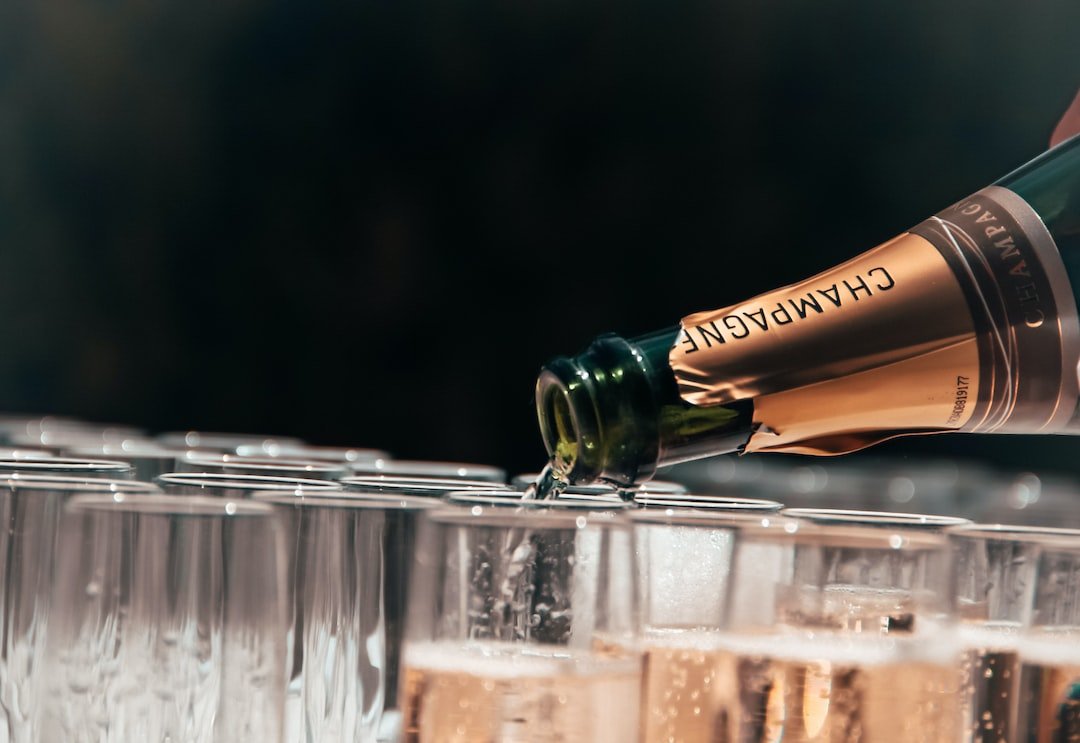
It's a question that's been asked for centuries: does champagne go bad? And the answer, it turns out, is a bit complicated.On the one hand, champagne is a wine, and like all wines, it will eventually go bad if left unrefrigerated. But on the other hand, champagne is a wine that's specifically designed to be enjoyed while it's young and fresh, so it's not necessarily a bad thing if it starts to taste a little off after a few years.So what's the real answer? Here's everything you need to know about how long champagne lasts, and how to tell if it's gone bad.How Long Does Champagne Last?In general, champagne will last for about two to three years before it starts to go bad. This is true for both unopened and opened bottles of champagne.Of course, there are a few factors that can affect how long your champagne will last. For example, if you store your champagne in a cool, dark place, it will last longer than if you store it in a warm, light place. And if you don't drink champagne very often, you might want to buy a wine preserver so you can keep your champagne fresh for longer.How to Tell if Champagne is BadThe easiest way to tell if champagne is bad is to smell it. If it smells sour or off, then it's probably gone bad. Youcan also taste the champagne to see if it tastes sour or off. If it does, then it's probably gone bad.If you're not sure whether or not your champagne is bad, you can always open a bottle and pour a small amount into a glass. Then smell and taste the champagne to see if it's still good.
When it comes to champagne, how can you tell if it's gone bad? There are a few key indicators. First, take a look at the color. If it's lost its bubbly effervescence and has gone flat, that's a bad sign. Second, give it a smell. If it smells off or sour, that's another sign that it's gone bad. Finally, take a taste. If the champagne tastes sour or has an unpleasant taste, it's best to throw it out.So, if you see any of these signs, it's best to not risk it and just get rid of the champagne. Better safe than sorry, right?
Champagne is a delicious, festive drink that can add a touch of elegance to any occasion. But did you know that there's a right way and a wrong way to store champagne?If you want to keep your champagne at its best, you should store it in a cool, dark place. If you have a wine cellar or cooler, that's ideal. If not, a closet or pantry away from direct sunlight will do.You should also keep your champagne away from any strong odors, as they can penetrate the cork and affect the taste of the wine. So, if you're storing your champagne in the kitchen, be sure to keep it away from things like garlic or onions.Finally, champagne should be stored upright, so that the cork stays moist. If it dries out, it can allow oxygen to enter the bottle, which will spoil the wine.So there you have it - a few simple tips to help you keep your champagne tasting great. Cheers!
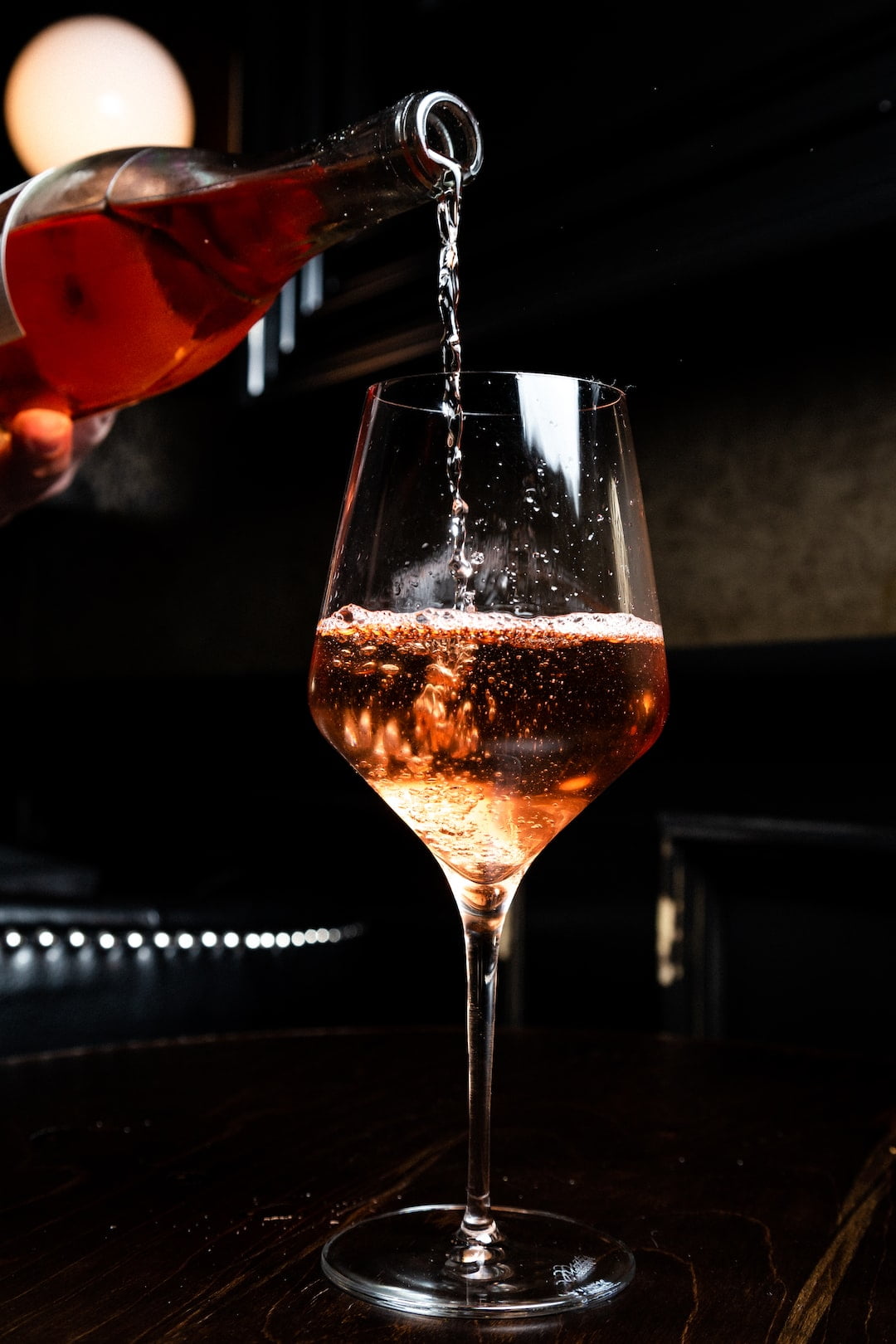
Have you ever poured yourself a glass of champagne only to take a sip and realize that something is off? Maybe the liquid is fizzy and sour, or the taste is bitter and unpleasant. If you've experienced this, you may be wondering: does champagne go bad?Unfortunately, the answer is yes. Champagne can go bad if it's not stored properly, and once it's gone bad, it's not safe to drink. Drinking bad champagne can cause stomach upset and other unpleasant symptoms.So how can you tell if your champagne has gone bad? There are a few telltale signs:-The color has changed significantly-The liquid is fizzy and smells sour-The taste is off (bitter, sour, or otherwise unpleasant)If you notice any of these signs, it's best to discard the champagne. Don't risk drinking something that could make you sick - it's not worth it!
You may be wondering - does champagne go bad? The short answer is yes, eventually all champagnes will go bad. But there are some things you can do to extend the life of your champagne.Champagne is best stored in a cool, dry place. Ideally, you should keep it in a wine cellar or a temperature-controlled environment. exposure to light and heat will cause champagne to deteriorate faster, so it's best to keep it in a dark, cool place.You can also extend the life of your champagne by storing it in the refrigerator. This will help to slow down the oxidation process. Just be sure to take it out of the fridge a few hours before you plan to drink it, as champagne tastes best when it is served at room temperature.So there you have it - a few tips to help you enjoy your champagne for a longer period of time. Cheers!
Does champagne go bad? The short answer is no. Champagne is a wine, and like all wines, it can change over time. But unlike other wines, champagne actually gets better with age.So, if you have a bottle of champagne that's been sitting in your cellar for a few years, don't be afraid to open it. You may be surprised at how good it tastes.Of course, not all champagnes are created equal. Some are meant to be consumed young, while others can age for decades. If you're not sure how long your champagne has been aging, consult a wine expert. They'll be able to tell you if it's still good to drink.So, next time you're wondering whether to pop that bottle of bubbly, go ahead and give it a try. You may be pleasantly surprised.
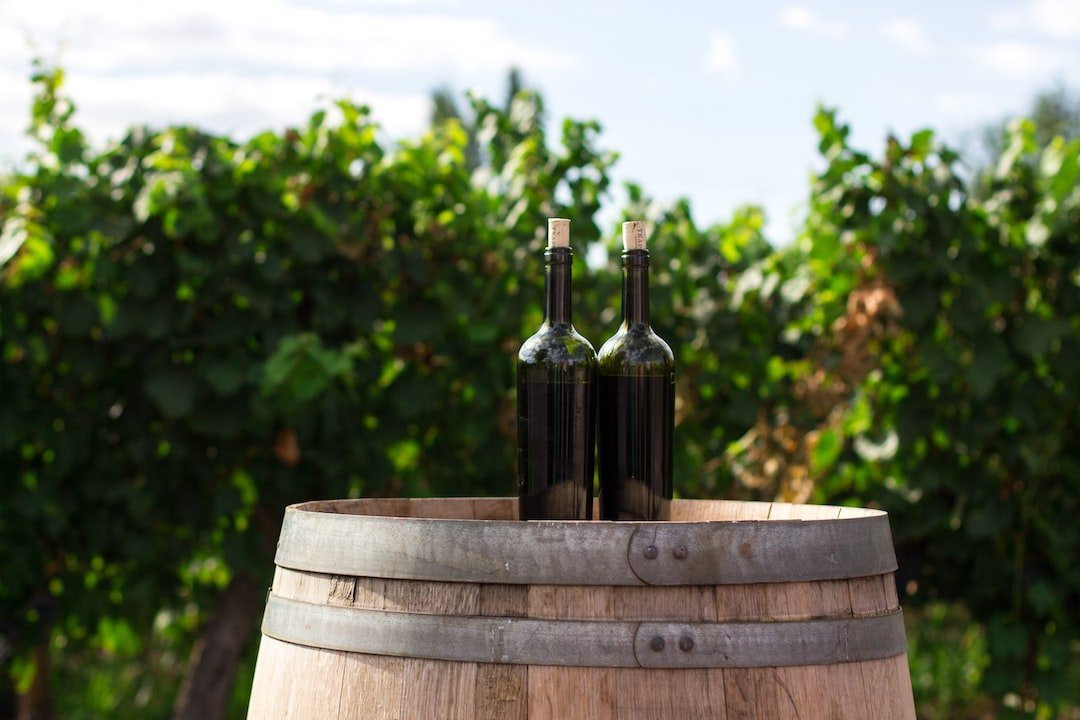
There are a few risks that come with drinking expired champagne. For one, the champagne may taste bad. This is obviously the biggest risk, as you may not enjoy the taste of the champagne and feel like you wasted your money. Additionally, champagne that has gone bad can cause indigestion, as the bubbles may be incredibly harsh on your stomach. Finally, drinking bad champagne may give you a headache, as the alcohol content can be higher than what you're used to.Of course, these risks are all relatively minor. The biggest risk of all is that you might not enjoy the taste of the champagne. If you're not careful, you could end up wasting a lot of money on something that you don't even like. So, if you're going to drink expired champagne, be sure to do your research ahead of time and make sure it's something that you're likely to enjoy.
Still wondering if that bottle of champagne in your fridge is any good? Here's what you can do to tell.First, check the expiration date on the bottle. Most champagne has a shelf life of 2-3 years, so if it's past that point, it's probably not going to taste very good.Second, take a look at the appearance of the champagne. If it's starting to look cloudy or has sediment at the bottom, it's probably not going to taste very good.Finally, give it a smell. If it smells off or vinegary, it's probably not going to taste very good either.If you're not sure, it's probably best to open a new bottle. But if you're feeling adventurous, go ahead and give it a try!
You might be wondering if it's safe to drink champagne that has been open for awhile. The answer is yes, as long as the champagne has been properly stored. Here are a few things to keep in mind if you're planning on drinking champagne that has been open for awhile:-The champagne should be stored in a cool, dark place.-The champagne should be covered, either with a wine stopper or a piece of foil.-You should check the champagne for any signs of spoilage before drinking it. These signs include a change in color, a funky odor, or bubbles that don't appear to be bubbly.If the champagne looks and smells fine, then it's probably safe to drink. However, if you're not sure, it's always better to err on the side of caution and throw it out. Better safe than sorry!
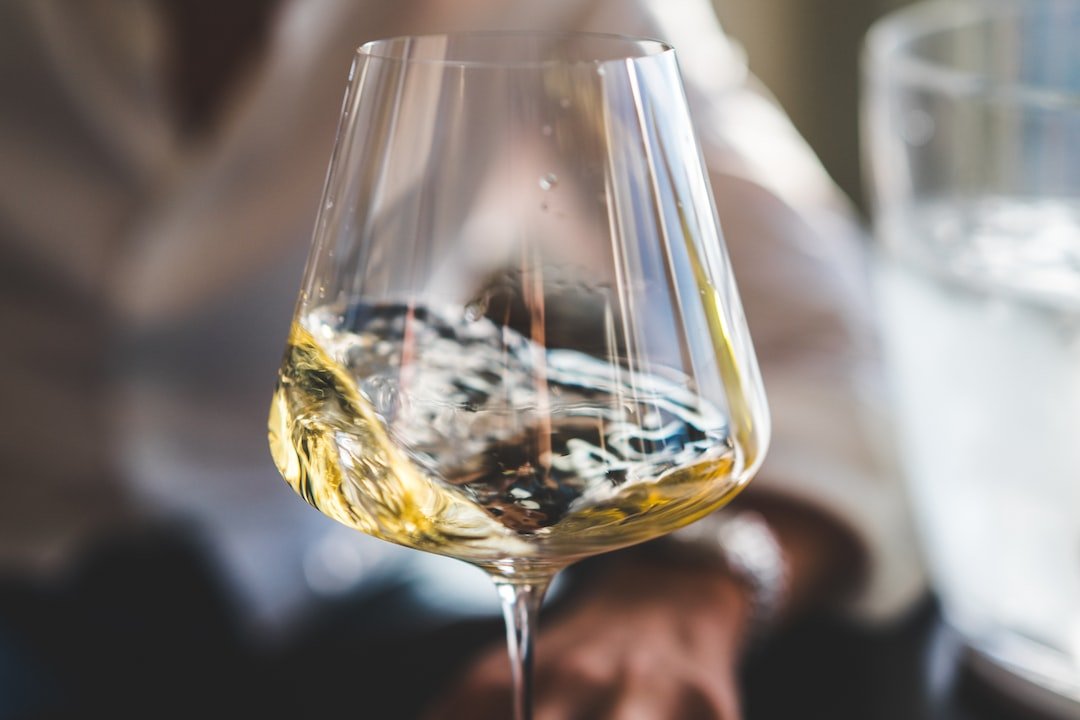
We all know that Champagne is a luxurious drink. It's the drink ofchoice for special occasions, and it's often used to celebrate ajob well done. But what happens when Champagne goes bad?Bad Champagne can taste sour, flat, and even have a vinegary smell. If you drink bad Champagne, you may experience an upset stomach, diarrhea, and vomiting. In extreme cases, you could even get food poisoning. So it's important to be aware of the signs that Champagne has gone bad, and to know how to properly store it to prevent it from going bad in the first place.Fortunately, there are a few simple tips you can follow to help ensure your Champagne stays fresh. First, be sure to store your Champagne in a cool, dark place. If you're going to be storing your Champagne for more than a few weeks, be sure to keep it in the refrigerator.Next, be sure to check the expiration date on your Champagne before you drink it. Champagne can go bad just like any other food or drink, so it's important to be aware of its expiration date.Finally, if you notice any strange smells or tastes coming from your Champagne, it's best to throw it out. It's better to be safe than sorry when it comes to drinking bad Champagne.So there you have it: a few simple tips to help you keep your Champagne fresh
DoesChampagne Go Bad?You might be wondering if that bottle of champagne you've had sitting in the fridge for months is still good to drink. Well, there are a few ways you can tell if a bottle of champagne is fake. One way is to look for a small hole in the cork. This is typically a sign that the champagne has been tampered with and is not the real deal. Another way to tell if a bottle of champagne is fake is to look at the color of the wine. If it is too dark or too light, it is likely a fake. Finally, you can tell if a bottle of champagne is fake if the bubbles are too small or too big. If the bubbles are too small, it means the champagne has been sitting for too long and has lost its effervescence. If the bubbles are too big, it means the champagne has been diluted with carbon dioxide.So, if you're wondering if that bottle of champagne is still good to drink, it's probably best to err on the side of caution and just get a new one. Cheers!
When it comes to alcoholic beverages, champagne is one of the healthier options. That’s because champagne contains polyphenols, which are antioxidants that can help protect your body against cell damage. Champagne can also help improve your cholesterol levels and lower your risk of heart disease.So, if you’re looking for a healthy way to celebrate, champagne may be the way to go! Just remember to drink responsibly.Champagne is a delicate drink, however, and it can go bad if it’s not stored properly. Here are a few tips to keep your champagne fresh:- Store champagne in a cool, dark place.- Champagne should be consumed within a year of being bottled.- If you notice that your champagne has developed an off- smell or flavor, it’s best to discard it.By following these simple tips, you can enjoy your champagne for months to come!
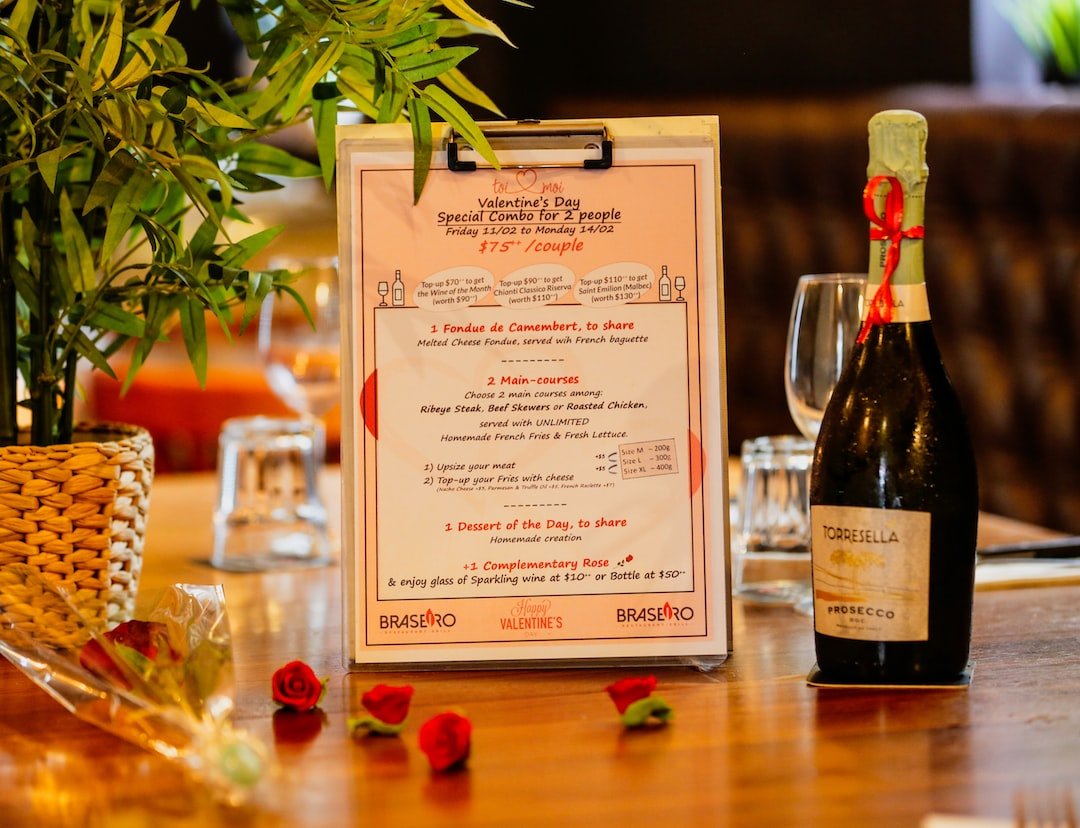
When it comes to drinking champagne, there are a few potential side effects that you should be aware of. One is that champagne can cause dehydration, so make sure you drink plenty of water if you plan on indulging. Additionally, champagne can also lead to headaches and upset stomachs in some people, so it's best to drink in moderation. And finally, keep in mind that champagne can lower your inhibitions, so be careful if you plan on driving or doing anything else that requires clear judgment.So, does champagne go bad? Technically, no. Champagne is a wine, and like most wines, it will eventually start to turn if it's not properly stored. But if you drink it within a few years of buying it, you should be fine. So pop that bottle and enjoy!
You might be wondering how much champagne you should drink. The answer, of course, depends on your tolerance and what you're trying to achieve. If you're trying to get buzzed, then a couple glasses should do the trick. But if you're looking to get drunk, then you'll need to drink more.As with any alcohol, it's important to drink responsibly and to know your limits. Champagne can go to your head quickly, so make sure you pace yourself. drink water in between glasses of champagne, and try to eat something if you're drinking on an empty stomach.Most importantly, enjoy yourself! Champagne is a festive drink that's meant to be enjoyed. Whether you're drinking it at a party or just relaxing at home, make sure you savor the moment. Cheers!
The answer to this question is a bit complicated. While champagne may not technically go bad, it can lose its flavor and become less enjoyable to drink. If you have an unopened bottle of champagne that is more than a few years old, it is probably best to just buy a new one. However, if you have a half-finished bottle of champagne that has been open for awhile, it is still probably safe to drink. Just be aware that it might not taste as good as it once did.
You may have seen social media posts or articles claiming that storing champagne in the fridge is a rookie mistake. But is this really true? Let's find out!Champagne is a type of sparkling wine that originates from the Champagne region of France. It is made using a traditional method called Méthode Champenoise, which involves two fermentation processes. The first fermentation takes place in barrels, and the second in the bottle itself. This secondary fermentation process is what gives champagne its signature bubbles.Traditionally, champagne was always stored in cellars at cool, constant temperatures to ensure optimal quality. However, modern storage methods have changed and many people now refrigerate their champagne before serving. So, does this mean that you can store your champagne in the fridge without any negative effects?It turns out that storing your champagne in the fridge will not cause it to go bad. In fact, some experts believe that doing so can actually help to preserve its flavor and freshness for longer! If you're planning on drinking your champagne within a few days of opening it, then storing it in the fridge is perfectly fine. Just make sure to take it out about 30 minutes before you want to drink it so that ithas time to reach room temperature.
You might not refrigerate champagne, but that doesn't mean you should neglect it. Champagne is a delicate wine and, like all wines, it benefits from being kept in a cool, dark place. But what happens when you don't refrigerate champagne?Well, first of all, the wine will become warmer and therefore less refreshing. The flavors will also become more pronounced as the wine oxidizes. In other words, your champagne will start to taste like vinegar if you don't refrigerate it.So what's the verdict? Should you always refrigerate your champagne? No, but it's definitely not a bad idea.Champagne is a delicate wine and should be treated as such.